Introduction to HCQS 300mg Hydroxychloroquine Tablet
HCQS 300mg Hydroxychloroquine Tablet is a medication that has gained significant attention in recent years due to its potential therapeutic uses and controversies surrounding its application. HCQS 300mg tablets contain hydroxychloroquine sulfate, which belongs to a class of medications known as antimalarials. Originally developed to treat malaria, HCQ has found diverse medical applications beyond its original scope.
In the realm of rheumatology, HCQ is widely prescribed for the management of autoimmune diseases such as rheumatoid arthritis and systemic lupus erythematosus. It is valued for its ability to reduce inflammation and alleviate symptoms associated with these conditions, offering relief to patients suffering from joint pain, swelling, and fatigue.
Beyond its established uses in rheumatology and dermatology, HCQ garnered global attention during the COVID-19 pandemic. Early studies suggested potential efficacy in reducing viral replication of SARS-CoV-2, the virus causing COVID-19, although subsequent research and clinical trials have yielded mixed results and sparked considerable debate within the medical community regarding its use for this purpose.
What is the Use of HCQS 300mg Pills?
HCQS 300mg pills, which contain hydroxychloroquine sulfate, are primarily used for several medical purposes
- Treatment of Malaria
- Management of Autoimmune Diseases
- Dermatological Conditions
- Off-label Use and Research
How Does HCQS 300mg Hydroxychloroquine Tablet Work?
HCQS 300mg tablets, containing hydroxychloroquine sulfate, exert their therapeutic effects through a multifaceted mechanism of action. Originally developed as an antimalarial drug, hydroxychloroquine works by accumulating in the acidic organelles of parasites, raising their pH and disrupting essential processes, ultimately leading to their death. Beyond its antimalarial properties, hydroxychloroquine exhibits immunomodulatory effects by inhibiting Toll-like receptors on immune cells, thereby reducing the production of pro-inflammatory cytokines involved in autoimmune responses. This dual action makes it a cornerstone in the treatment of autoimmune diseases such as rheumatoid arthritis and systemic lupus erythematosus, where it helps alleviate symptoms by dampening inflammation and modifying the disease course.
Hydroxychloroquine’s ability to interfere with lysosomal function and antigen presentation contributes to its broader therapeutic utility in managing conditions like cutaneous lupus erythematosus and porphyria cutanea tarda, where it aids in controlling skin manifestations and photosensitivity. Despite its established uses, ongoing research explores hydroxychloroquine’s potential in other medical contexts, underscoring its complex yet valuable pharmacological profile.
Side Effects of HCQS 300mg (Hydroxychloroquine Tablet)
HCQS 300mg tablets, containing hydroxychloroquine sulfate, can cause a range of side effects, some of which can be serious. It’s essential for patients and healthcare providers to be aware of these potential adverse reactions:
- Gastrointestinal Effects
- Skin Reactions
- Ocular Effects
- Neuropsychiatric Effects
- Hepatic Effects
- Musculoskeletal Effects
Drug Interactions
Hydroxychloroquine (HCQS 300mg tablets) can interact with a variety of medications, potentially altering their effectiveness or increasing the risk of side effects. Here are some important drug interactions to be aware of:
- Antacids and Kaolin
- Cimetidine
- Digoxin
- Mefloquine
- Antidiabetic Drugs
- Certain Antibiotics
- Corticosteroids
- Medications with QT Prolongation Risk
Manufacturer
HCQS 300mg tablets, which contain hydroxychloroquine sulfate, are manufactured by Ipca Laboratories Ltd. Ipca Laboratories is a pharmaceutical company based in India with a significant presence in the global market. They are known for manufacturing a wide range of pharmaceutical products, including generic medications and active pharmaceutical ingredients (APIs), catering to various therapeutic categories. Their facilities adhere to international quality standards, ensuring the production of safe and effective medications like HCQS.
Storage
The storage of HCQS 300mg tablets (hydroxychloroquine sulfate) is crucial to maintain their stability and effectiveness. Here are the recommended storage guidelines:
- Protect from Light
- Child Safety
- Do Not Freeze
- Storage Conditions During Travel
Dosages
Warning And Precaution
HCQS 300mg tablets (hydroxychloroquine sulfate) come with several warnings and precautions that patients and healthcare providers should be aware of. These are important to ensure safe and effective use of the medication:
1. Ocular Toxicity
- Long-term use of HCQS can lead to irreversible damage to the retina of the eye (retinopathy). It is essential for patients to undergo regular eye examinations, including visual acuity tests and fundus (retina) examinations, to monitor for any signs of retinopathy. If visual changes occur (such as blurred vision, difficulty seeing at night, or changes in color vision), patients should notify their healthcare provider immediately.
2. Cardiac Effects
- Hydroxychloroquine can prolong the QT interval on electrocardiograms (ECGs), which may increase the risk of serious cardiac arrhythmias. This risk may be increased when HCQS is used concurrently with other medications known to prolong the QT interval or in patients with underlying cardiac conditions. ECG monitoring may be recommended in certain situations.
3. Hypoglycemia
- HCQS can enhance the effects of insulin and other antidiabetic medications, potentially leading to low blood sugar levels (hypoglycemia). Patients with diabetes should monitor their blood glucose levels closely while taking HCQS and may require adjustments in their antidiabetic medication regimen.
4. Muscular Effects
- HCQS may cause muscle weakness or myopathy. Patients experiencing muscle weakness, cramps, or pain should report these symptoms to their healthcare provider promptly.
5. Dermatologic Reactions
- HCQS can cause skin reactions, including photosensitivity (increased sensitivity to sunlight) and exacerbation of pre-existing skin conditions. Patients should use sunscreen and protective clothing when outdoors and report any skin rashes or other dermatologic symptoms to their doctor.
6. Blood Disorders
- Rarely, HCQS may cause blood disorders such as agranulocytosis (severely low white blood cell count) or thrombocytopenia (low platelet count). Monitoring of blood cell counts may be necessary during treatment.
7. Liver Function
- HCQS may rarely cause liver dysfunction, including elevated liver enzymes or hepatitis. Liver function tests should be monitored periodically during treatment.
8. Pregnancy and Lactation
- HCQS should be used with caution during pregnancy, especially in the first trimester, and breastfeeding. The potential benefits and risks should be carefully considered by healthcare providers before prescribing HCQS to pregnant or lactating women.
Frequently Asked Questions
1. How should I take HCQS 300mg tablet?
Ans. HCQS 300mg tablets are usually taken orally with food or milk to prevent stomach upset. The dosage and duration of treatment depend on the condition being treated. Follow your healthcare provider’s instructions carefully.
2. What should I do if I miss a dose of HCQS 300mg tablet?
Ans. If you miss a dose, take it as soon as you remember. However, if it is almost time for your next dose, skip the missed dose and continue with your regular dosing schedule. Do not double the dose to make up for a missed one.
3. Can I drink alcohol while taking HCQS 300mg tablet?
Ans. It is generally safe to drink alcohol in moderation while taking HCQS. However, alcohol consumption may increase the risk of certain side effects such as liver toxicity.
4. Can HCQS 300mg tablet be taken during pregnancy or breastfeeding?
Ans. The use of HCQS during pregnancy or breastfeeding should be carefully evaluated by healthcare providers. It may be prescribed when the benefits outweigh the potential risks, but caution is advised, especially in the first trimester of pregnancy and during breastfeeding.

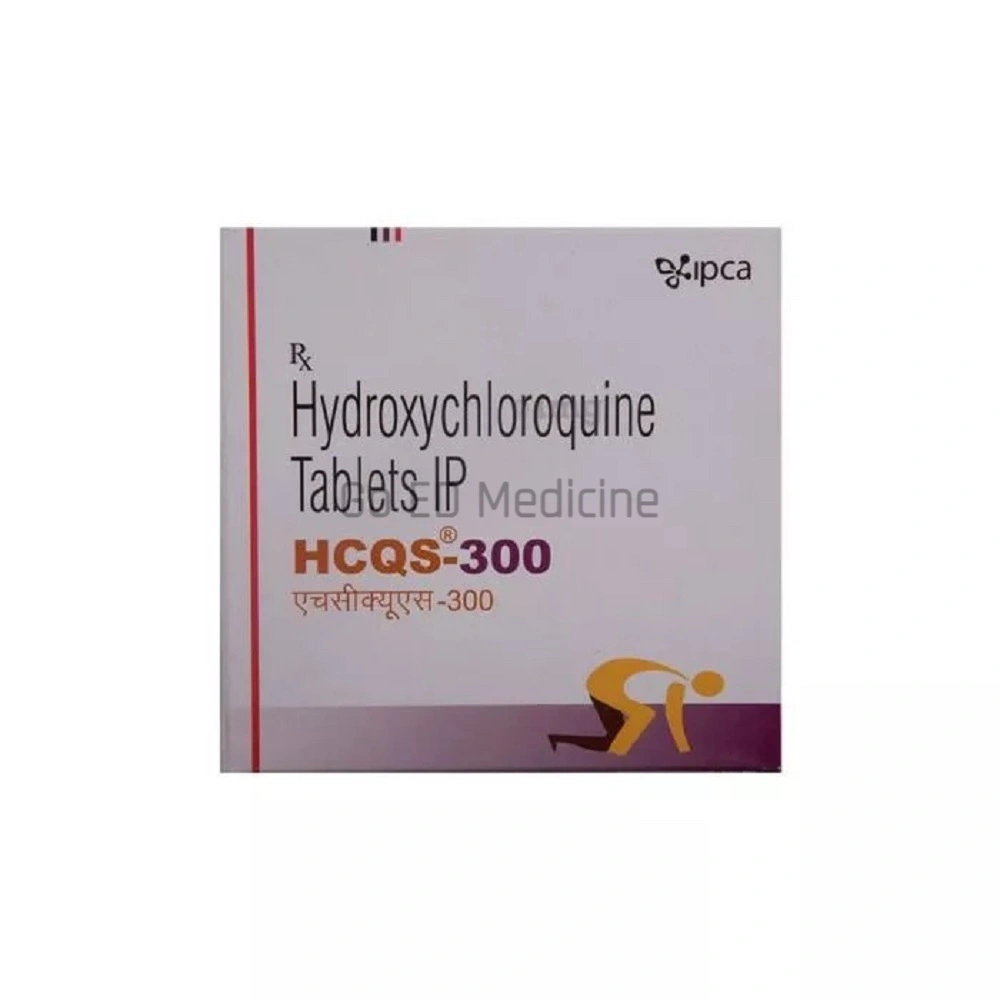
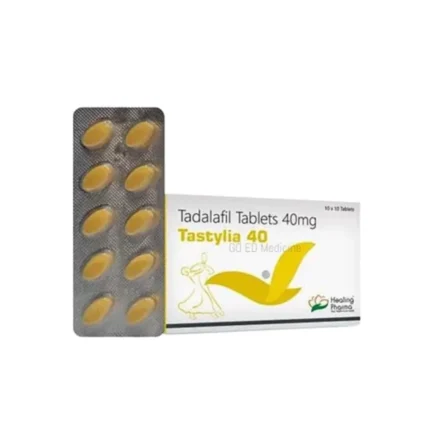
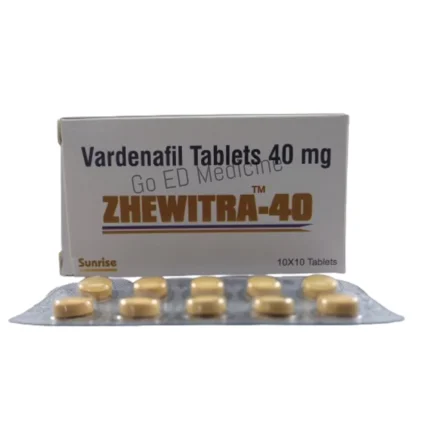
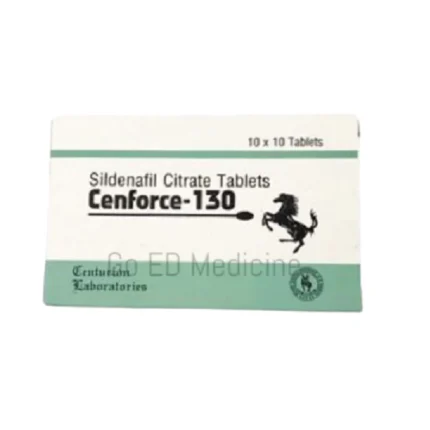
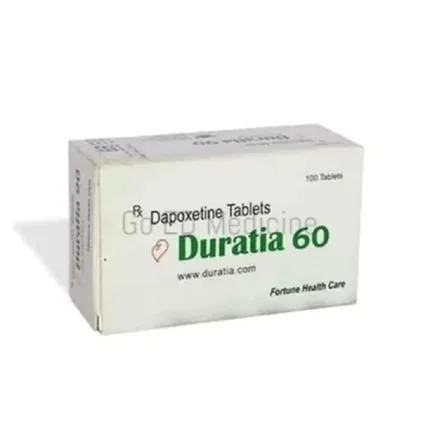
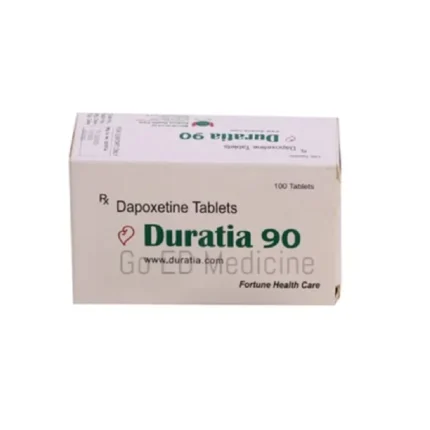
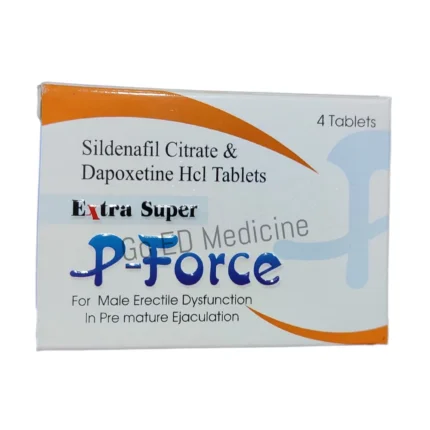
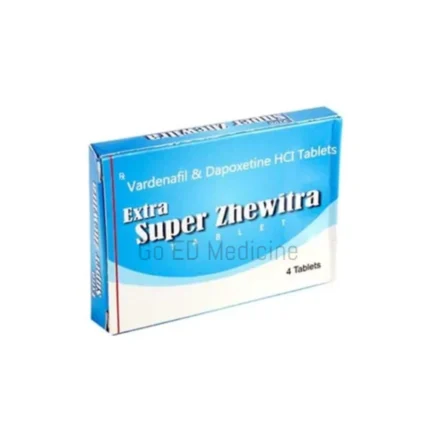
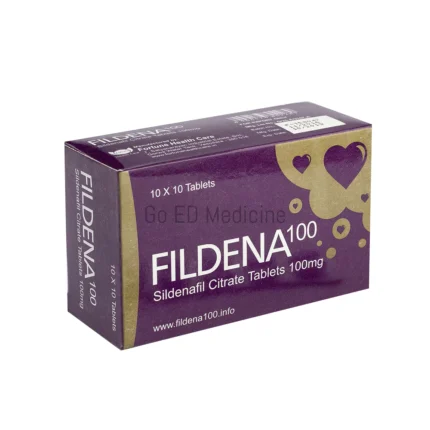
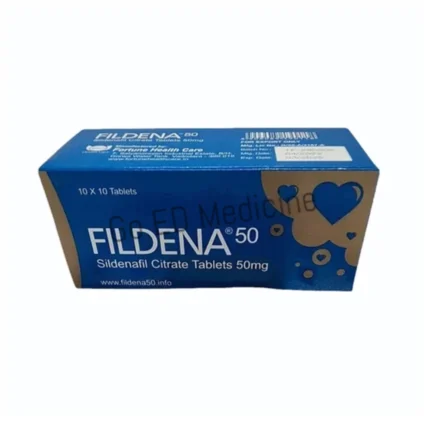

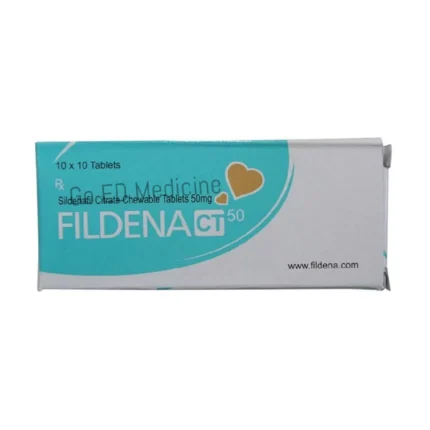

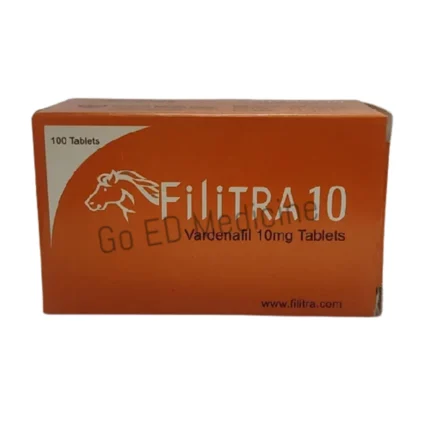
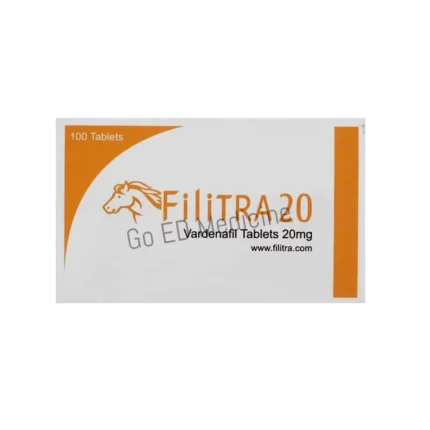

Reviews
There are no reviews yet.